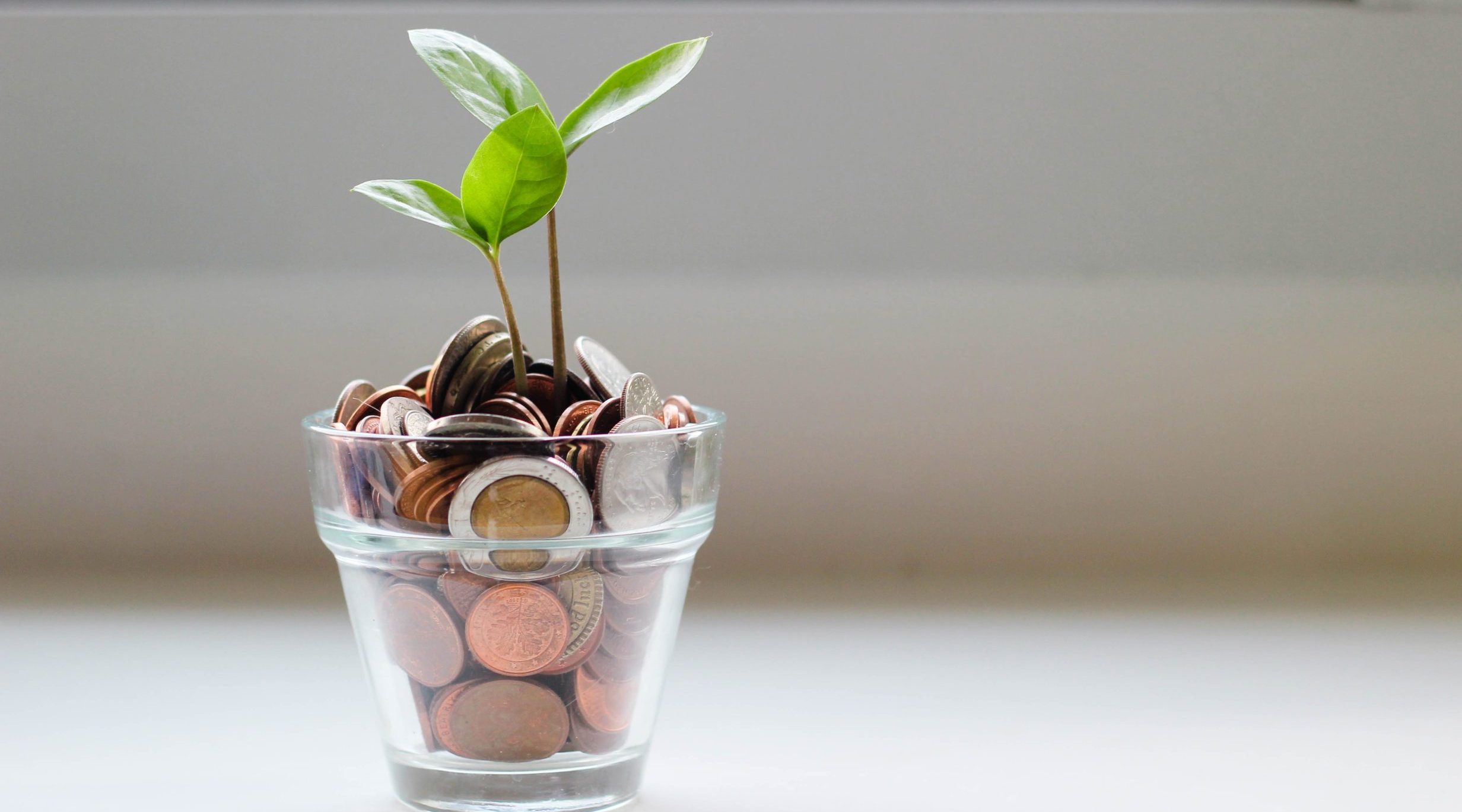 Vasumathy Sivarajasingam is a GP in West London and an Honorary Clinical Research Fellow at Imperial College London. She is also the Northwest London Primary Care Clinical Lead (Ealing Borough) for Green Agenda, Adult Mental Health, and Patient Engagement. She is on X: @vasu2776563
Vasumathy Sivarajasingam is a GP in West London and an Honorary Clinical Research Fellow at Imperial College London. She is also the Northwest London Primary Care Clinical Lead (Ealing Borough) for Green Agenda, Adult Mental Health, and Patient Engagement. She is on X: @vasu2776563
What Is Happening?
Medicines play a crucial role in healthcare, constituting approximately 20% of NHS England’s carbon footprint with the majority prescribed in primary care and community services.1 However, despite medicines’ importance, medicine wastage remains a significant issue, with an estimated £300 million worth of medications wasted annually in England alone.1
So What?
The impact of medicine wastage extends beyond the purely financial, impacting both NHS resources and the environment. Each unused medication represents a lost opportunity to improve someone’s quality of life and poses risks to wildlife through pharmaceutical infiltration into water and soil.2 Polypharmacy and overprescribing further exacerbate the problem, leading to surplus medications, adverse effects, and increased healthcare expenditure.3 Reducing medicine wastage has a triple economic value: gains can be financial, well-being, and environmental.4
What Now?
Addressing medicine wastage faces several challenges, including time constraints and practical barriers faced by GPs during daily consultations. Patient expectations for quick-fixes often overshadow comprehensive evaluations, highlighting the need for patient-centred care and flexible systems that accommodate individual needs.5
Proposed Solutions:
Tackling medicine wastage requires a multifaceted approach, focusing on patient empowerment and collaboration among the extended primary care team.
Reducing medicine wastage requires a concerted effort from all stakeholders, and yields returns in terms of finance, well-being and the environment.
Here are some practical steps we can take to reduce medicine wastage:
- Prevention: Prescribe medication judiciously, ensuring necessity and patient understanding. Simplify regimes, prescribe minimum effective doses, and mitigate drug interactions. Avoid inappropriate prescribing practices, such as opiates for chronic pain. Prioritise preventative care, discussing lifestyle changes with patients to limit unnecessary medication use. Address different categories of wastage, including non-preventable (e.g., when a patient dies and unused medicines are wasted), and preventable waste (e.g., when patients stockpile medicines “just in case”), and avoid unnecessary prescribing of non-drug items like dressings, stoma bags, and appliances.
- Patient empowerment and self-care: Educating patients about their illnesses and non-pharmacological interventions to help curb unnecessary medication reliance. Clinicians should emphasise the importance of self-care practices such as regular exercise, healthy eating, and adequate rest. Encouraging the management of minor ailments with over-the-counter medications can also reduce the need for prescriptions. Additionally, advocating for medication reviews, promoting open communication with GPs about medication changes, utilising community pharmacists for minor ailments, and advising patients to bring their medications to the hospital can further empower patients to take control of their health and medication usage.
- Lean pathways: Utilise clinical pharmacists to conduct structured medication reviews, optimise medication usage, and promote self-care. Regular review of medications enhances adherence, minimises waste; deprescribe where appropriate. Tools such as Stopp Start and Medstopper,3 along with online resources like Choosing Wisely UK, aid in reducing inappropriate prescribing.
- Educate patients on using the NHS app for patient-led medication ordering, order only what is necessary, and avoid unnecessary third-party orders. Emphasis should be placed on prescription turnaround time, and patients should verify the accuracy of their prescriptions before leaving the pharmacy to minimise wastage.
- Green prescribing/green social prescribing: Engage with social prescribers to provide support for patients through lifestyle, psychological interventions, and green prescribing, potentially reducing the need for pharmaceutical prescriptions. Moreover, when prescribing medications or inhalers, prioritise options with minimal environmental impact, such as low-carbon alternatives, where possible. This approach should be balanced with personalised care and safety, involving patients and caregivers in decision-making processes to select the most suitable medication and device for each individual – avoiding medication wastage. Although dry powder inhalers are preferred for their lower environmental impact, if a patient opts for a metered-dose inhaler, careful selection of brand and treatment plan can minimise the carbon footprint by improving compliance, leading to good asthma control and reducing unnecessary surgery or hospital visits. Regular assessment and refinement of inhaler technique during consultations and follow-ups ensure device suitability and disease control, optimising patient outcomes while reducing environmental impact. By integrating these practices into healthcare delivery, we can strive for a more sustainable approach to patient care.
- Proper Disposal: Educate patients on safe medication disposal and promote the return of unused medications and inhalers for proper disposal to reduce environmental impact. Encouraging proper recycling of medicine packages can help reduce waste significantly; emphasise avoiding flushing medicines down the toilet, as this can lead to water contamination.
Reducing medicine wastage requires a concerted effort from all stakeholders, and yields returns in terms of finance, well-being and the environment. By empowering patients, fostering collaboration among healthcare providers, and embracing sustainable practices, we can significantly improve healthcare delivery and mitigate the impact of prescribing on both finances and the environment. Let’s commit to this cause for the betterment of current and future generations. Together, we can make a difference—not just for our healthcare system’s finances, but for the health and well-being of all.
References:
- FPH Special Interest Group on Climate Change, Sustainable Development and Health. NHS Carbon Footprint. Available from https://www.fph.org.uk/media/3126/k9-fph-sig-nhs-carbon-footprint-final.pdf [accessed 7/6/24]
- Ford and Herrera, Prescribing’ psychotropic medication to our rivers and estuaries BJPsych Bull. 2019 Aug; 43(4): 147–150 Available from: https://www.ncbi.nlm.nih.gov/pmc/articles/PMC6642989/ [accessed 7/6/24]
- Greener Practice. Prescribing and Deprescribing. Available from: https://www.greenerpractice.co.uk/information-and-resources/clinical-considerations/prescribing-and-deprescribing/ [accessed 7/6/24]
- Kemple T, How to be a triple bottom line (TBL) general practice – working for profit, the people, and the planet, BJGP Life Jan 1 2023, https://bjgplife.com/how-to-be-a-triple-bottom-line-tbl-general-practice-working-for-profit-the-people-and-the-planet/ [accessed 7/6/24]
- Parker J, Environmentally friendly inhalers: issues for the general practice consultation, Sept 1 2022, https://bjgplife.com/environmentally-friendly-inhalers-issues-for-the-general-practice-consultation/ [accessed 7/6/24]
Featured Photo by micheile dot com on Unsplash







[…] Reducing medicine wastage – working together to support our NHS, our well-being and our planet […]